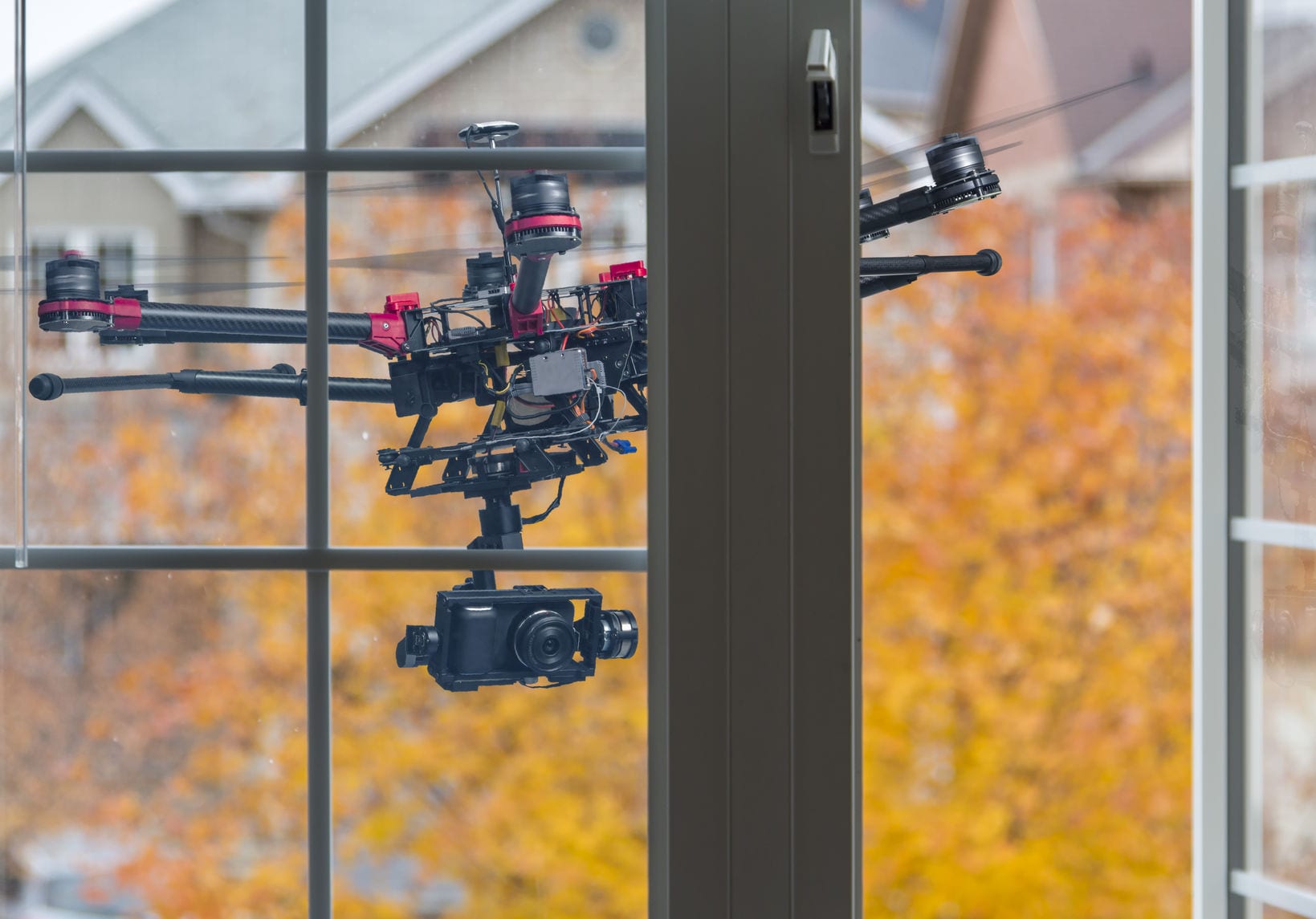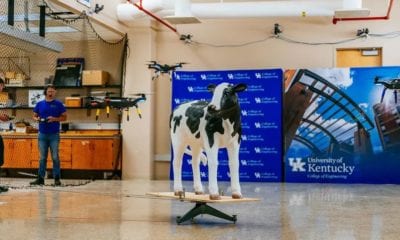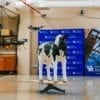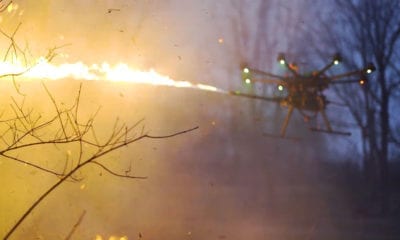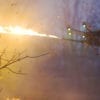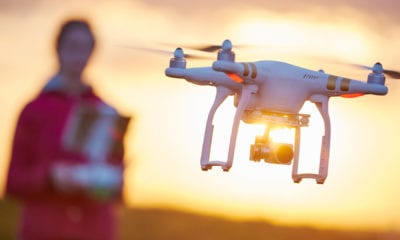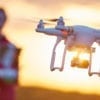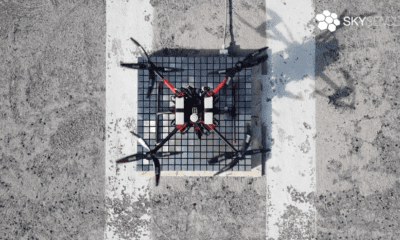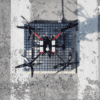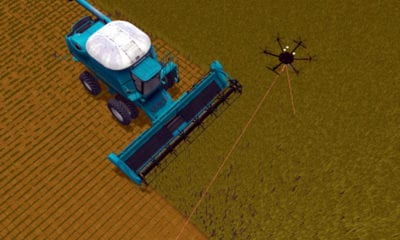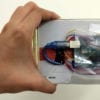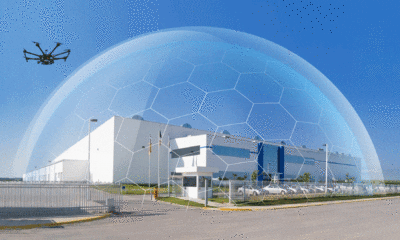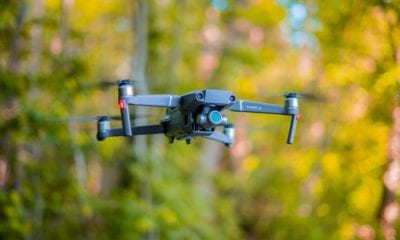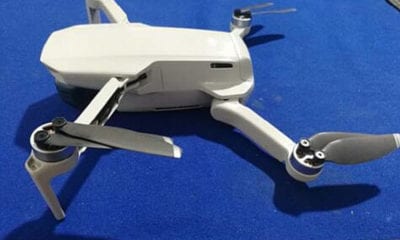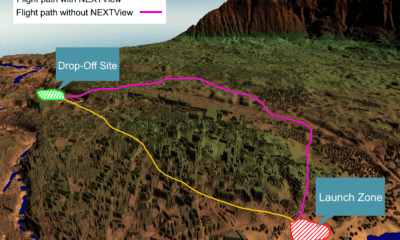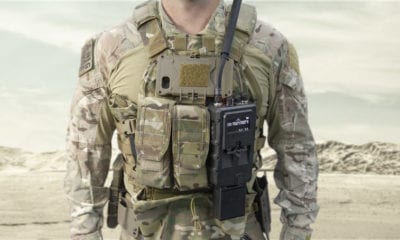FAA Drone Registrations Go Sky High With New Regulations
More than a million drones, most of them owned by hobbyists, are now registered with the Federal Aviation Administration as announced during the annual Consumer Electronics Show in Las Vegas, inclusive of both hobbyists and businesses that use drones for tasks like inspecting rooftops for damage or taking pictures of farmland. This registration drive marked a new milestone for the two-year old registration program.
The figure, announced by U.S. Department of Transportation Secretary Elaine Chao at CES, includes 878,000 hobbyists who receive an identification number covering all the drones they own. Another 122,000 commercial, public, and other drones are individually registered, the federal agency said in a news release.
“The tremendous growth in drone registration reflects the fact that they are more than tools for commerce and trade, but can save lives, detect hazardous situations and assist with disaster recovery,” Chao said in a statement. “The challenge is to remove unnecessary hurdles to enable the safe testing and integration of this technology into our country’s airspace.”
The federal government’s drone registration system has had a turbulent past few years. The system debuted in December 2015 after drones caused a growing number of problems like flying too near commercial aircraft. Current rules do not let people fly drones beyond the line of sight of human operators and over people’s heads in public places, which limits companies like Amazon (AMZN, +1.80%) and Google (GOOG, +0.26%) from using drones to deliver goods, among other business uses, beyond testing.
In May 2017, a federal appeals court in Washington D.C. overturned the rule requiring hobbyists to register their drones. It cited previous federal legislation that designated drones as “model aircraft,” which the agency does not oversee. Businesses, however, were still required to register their drones because of a separate ruling in August 2016 that was intended to make it easier for companies to use drones.
In October, the Trump Administration unveiled a program in which the FAA would work with local governments and companies to create a set of rules that would expand how businesses could use drones. President Donald Trump restored the requirement that hobbyists register their drones through the passage of the National Defense Authorization Act in December 2017. Speaking at CES Elaine Chao not only announced the one million drone registration figure but also explained the government’s next step in revamping national drone rules.
Beyond being legally required, the registration process helps educate drone operators who are new to aviation by having them agree to the FAA’s operating rules and increases airspace security by identifying drones with their owner, the DOT said. In December, the FAA restricted drone flights above seven Department of Energy sites, citing security and law enforcement concerns.
The FAA also uses its registration database to get safety messages out to drone users. For hobbyists, registering a drone with the FAA costs $5 and lasts for three years.
Registrants must pay the fee and also display a corresponding identification number the body of their drones.

